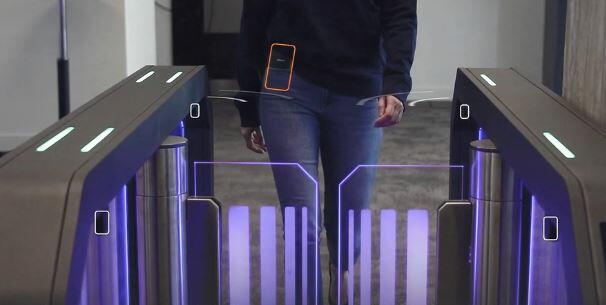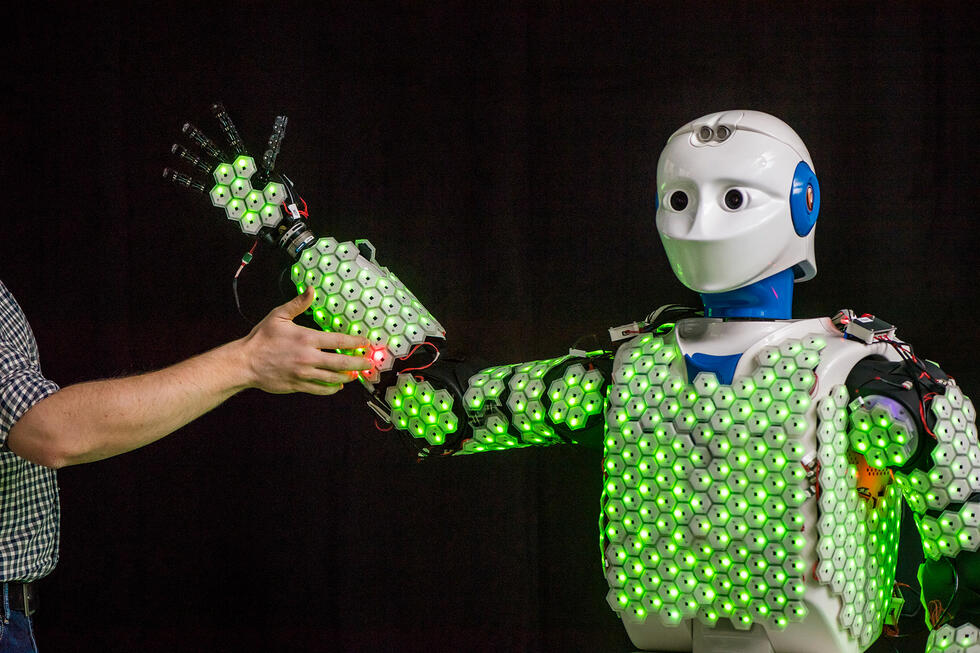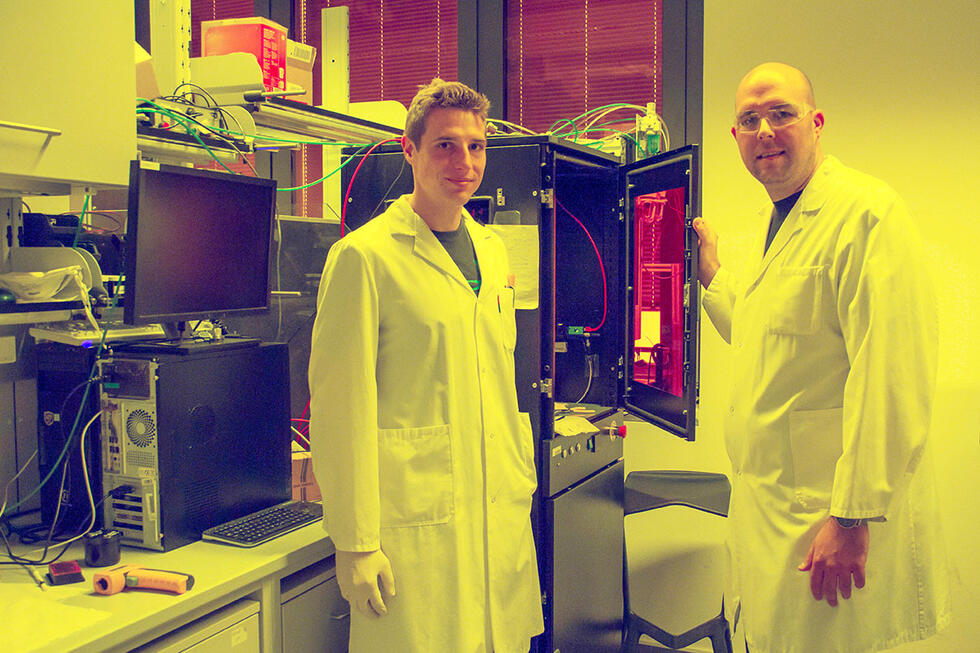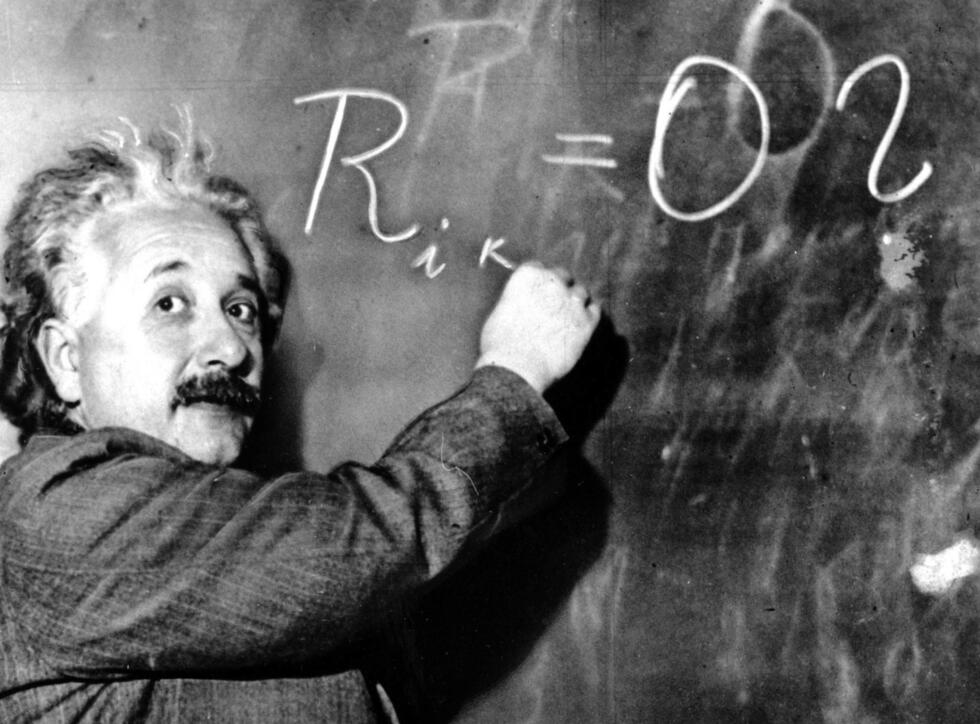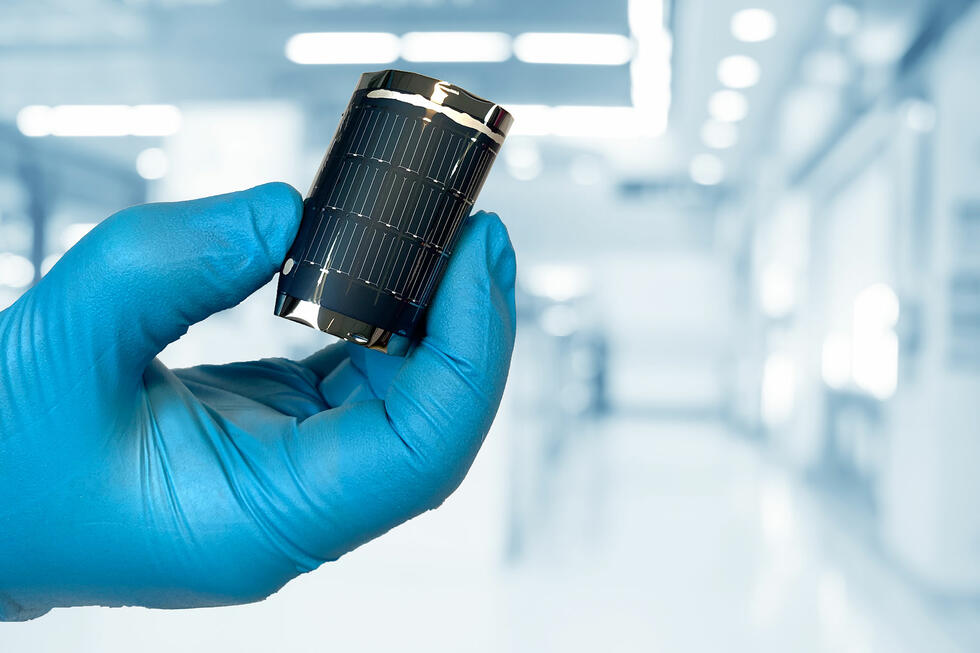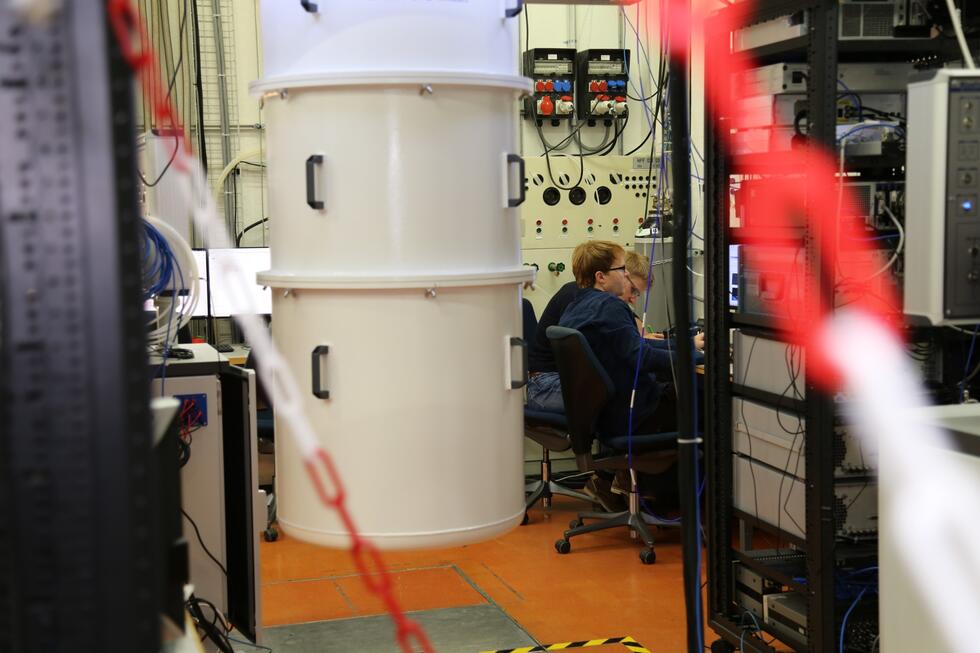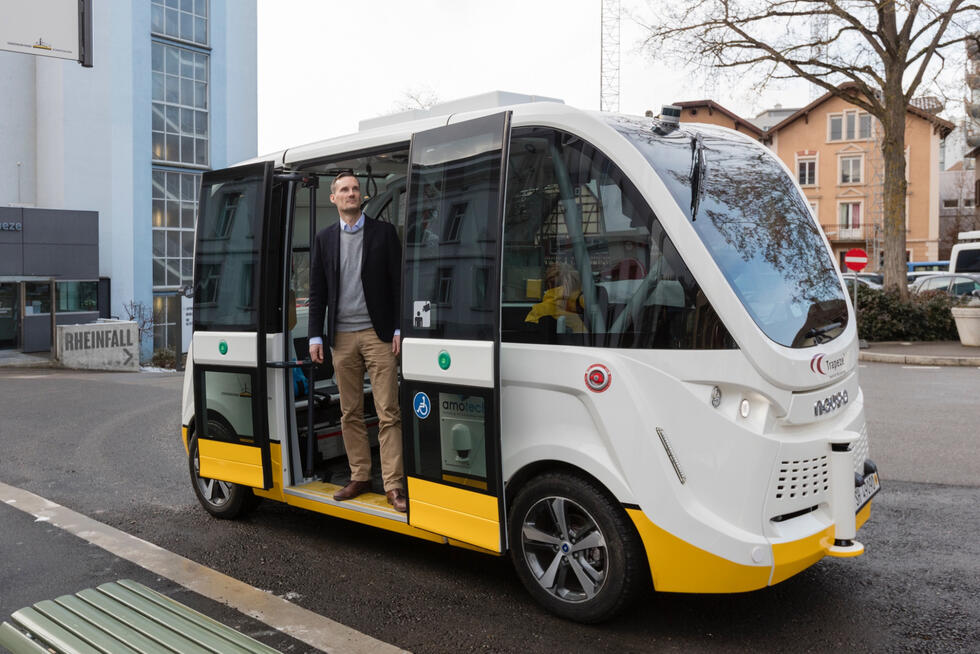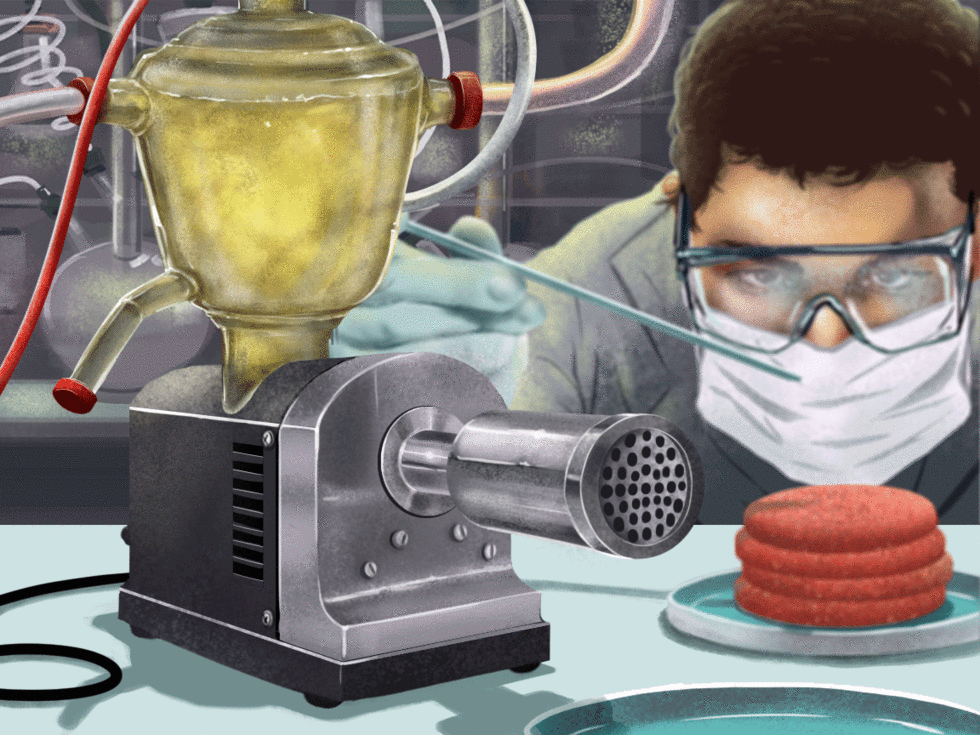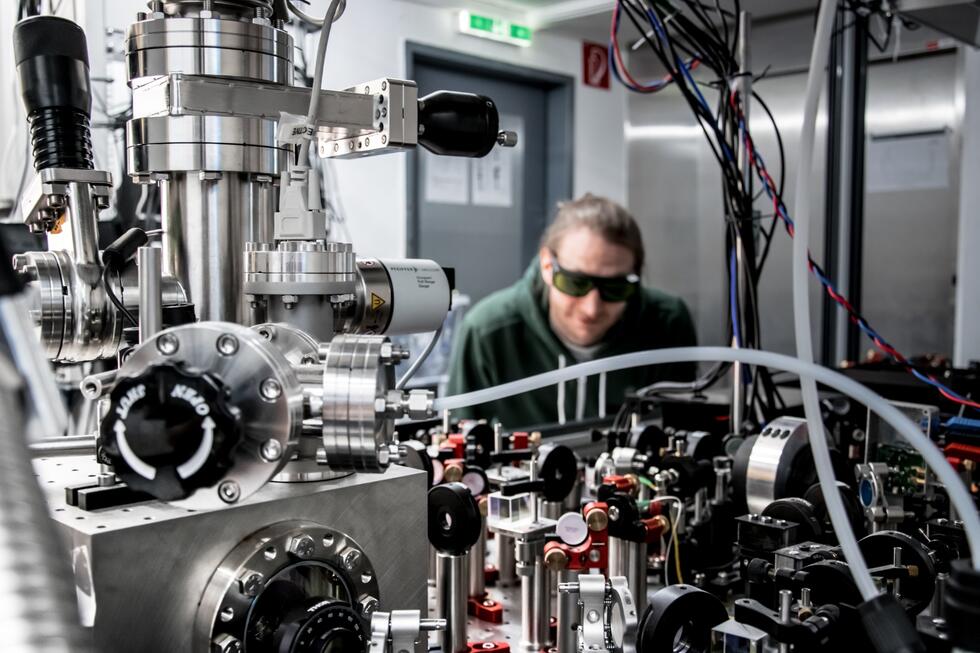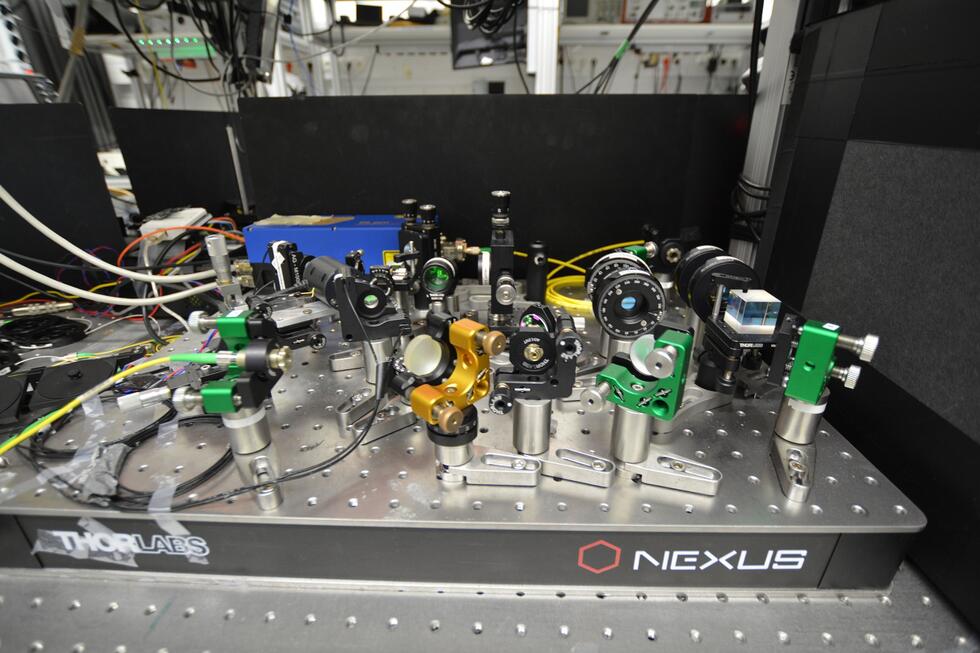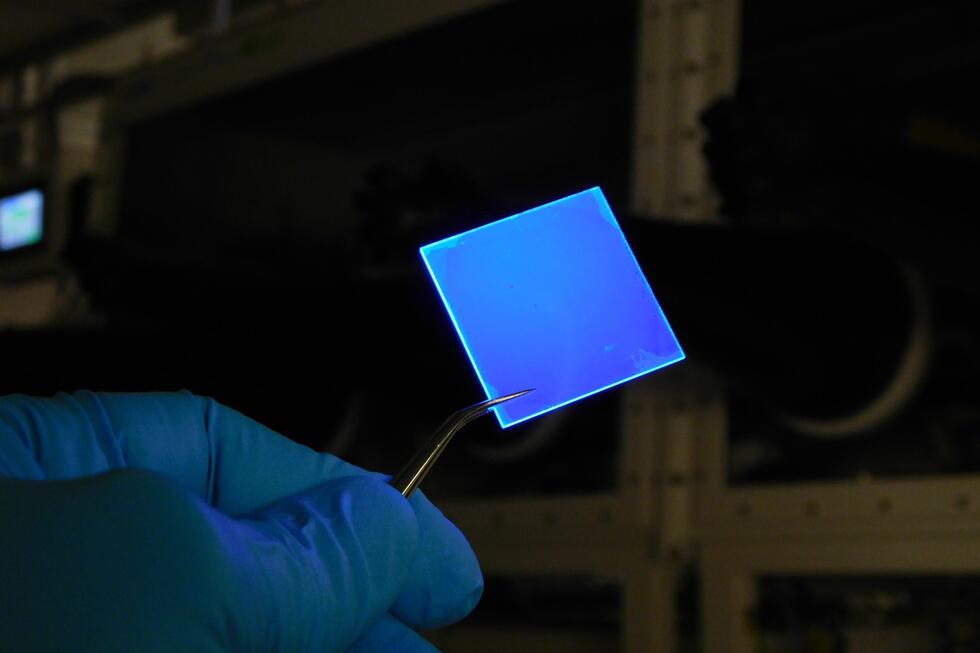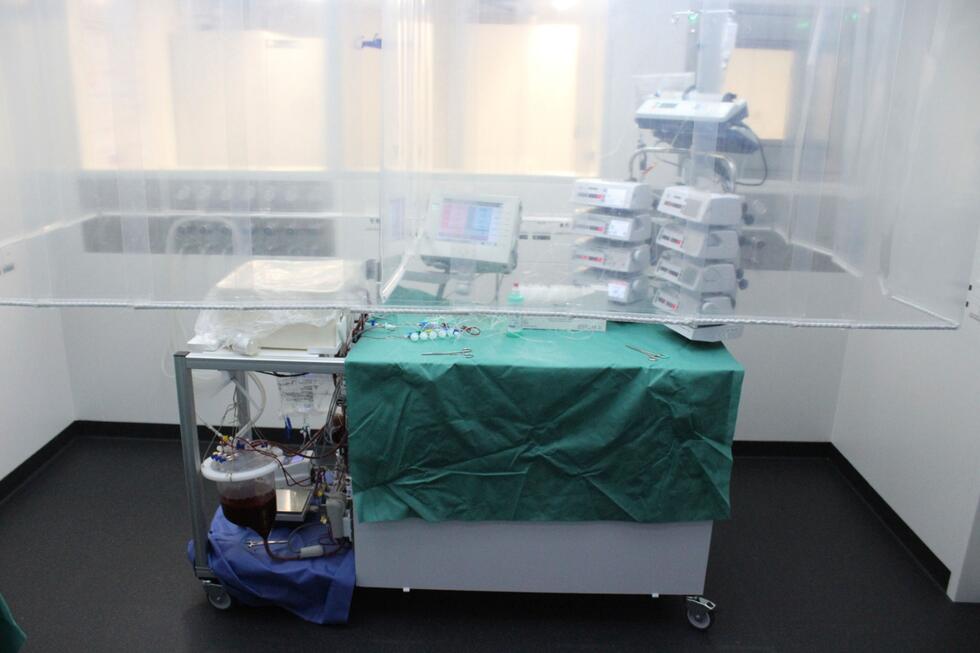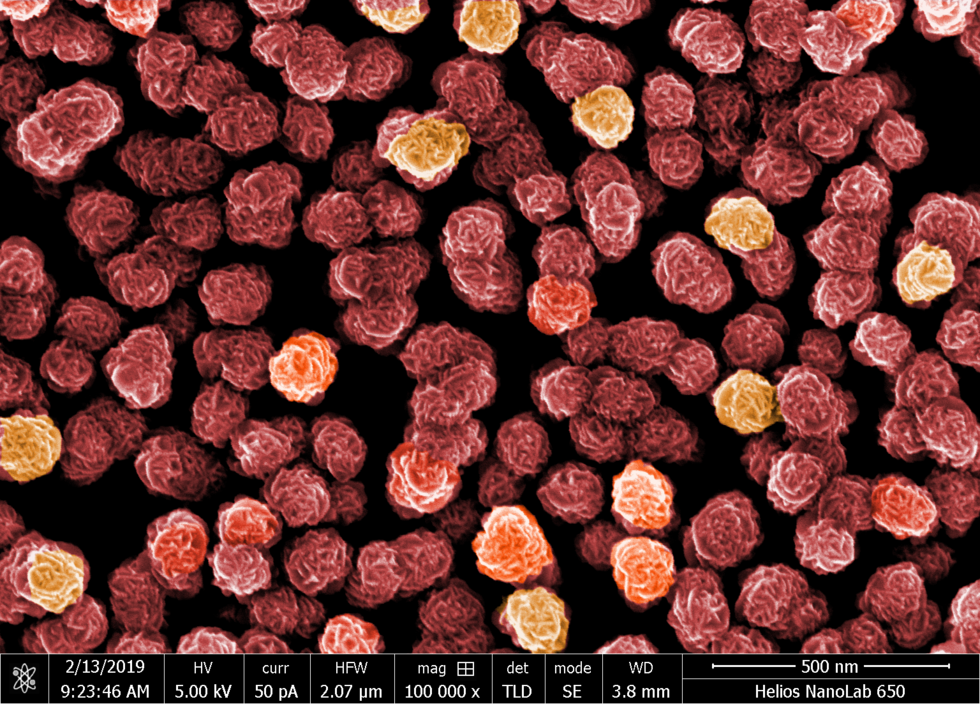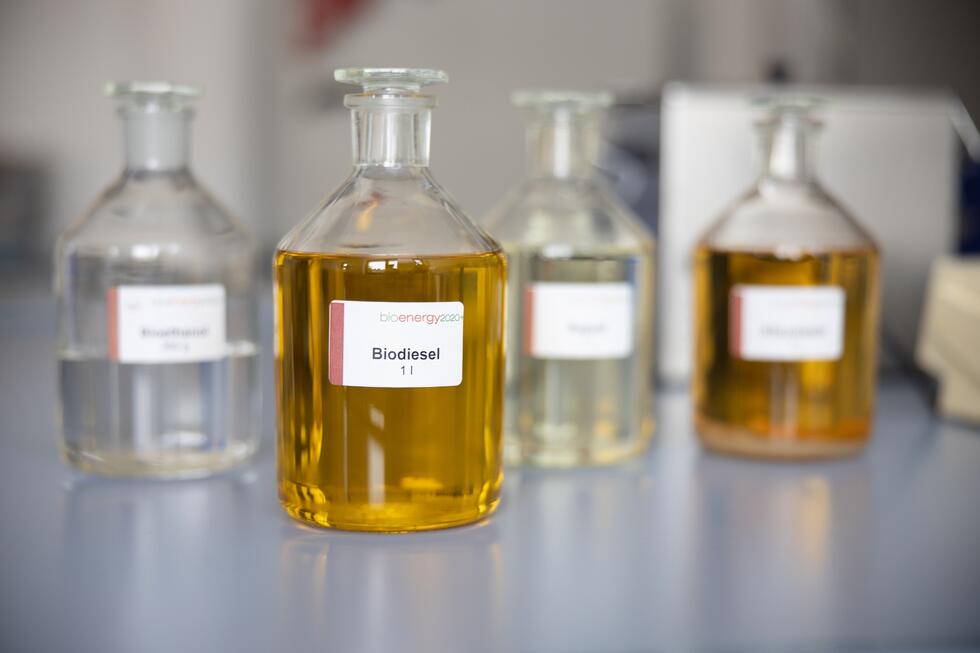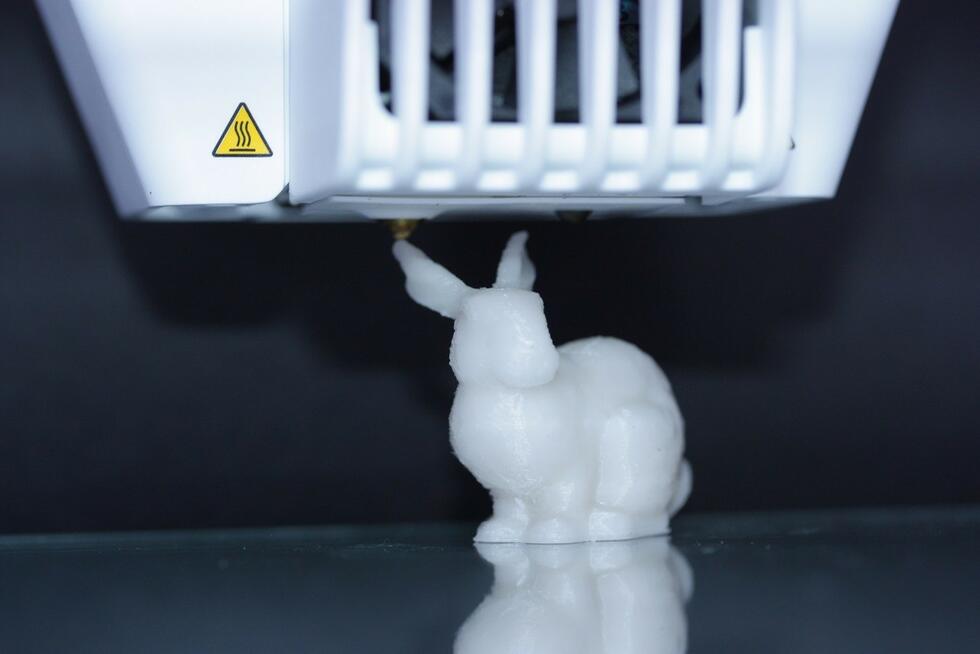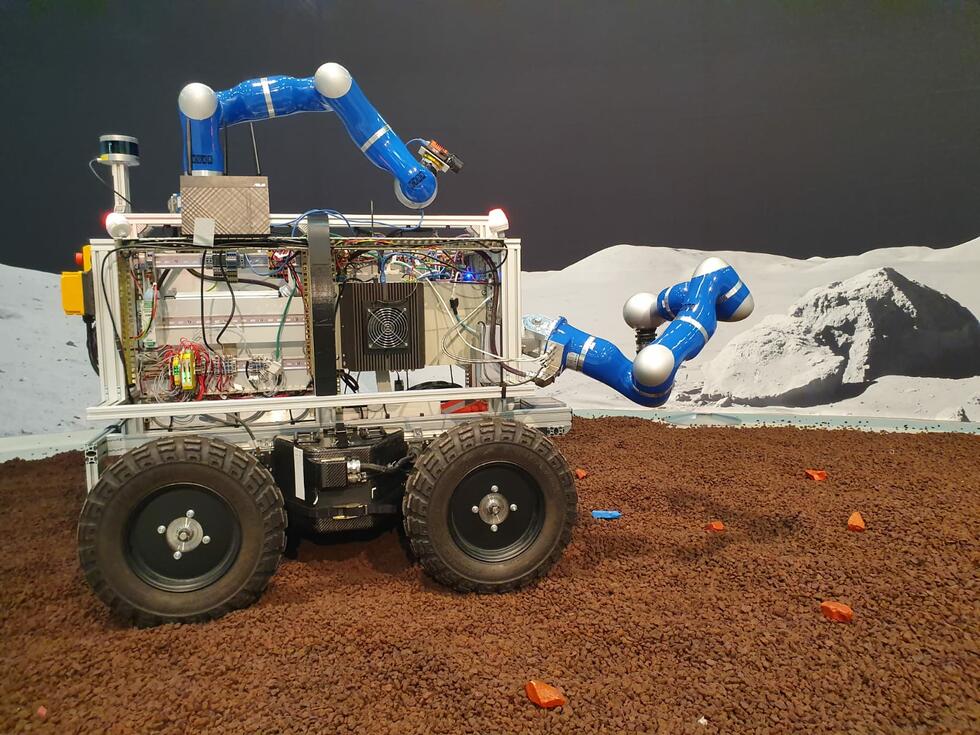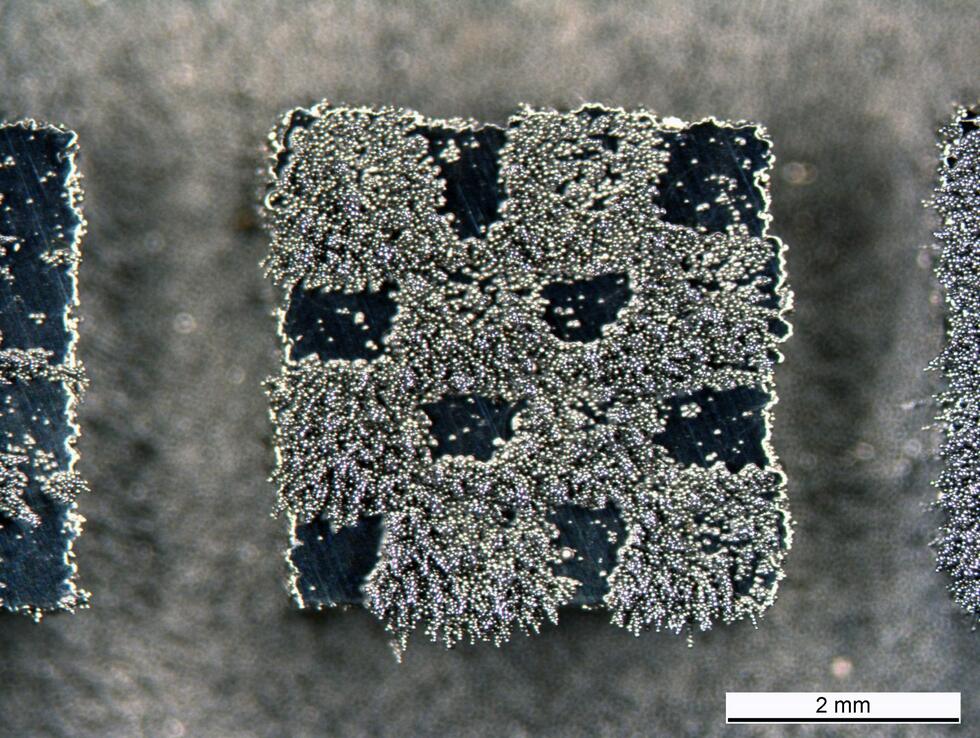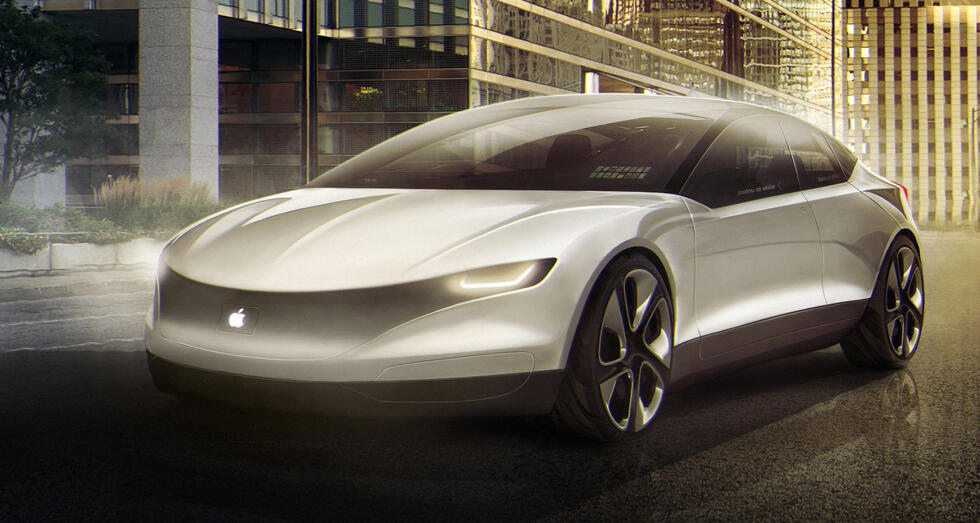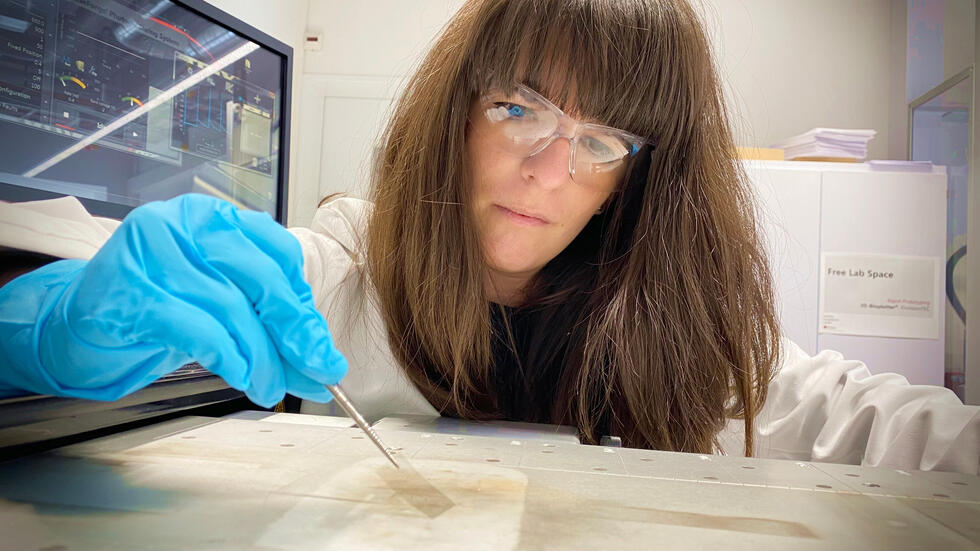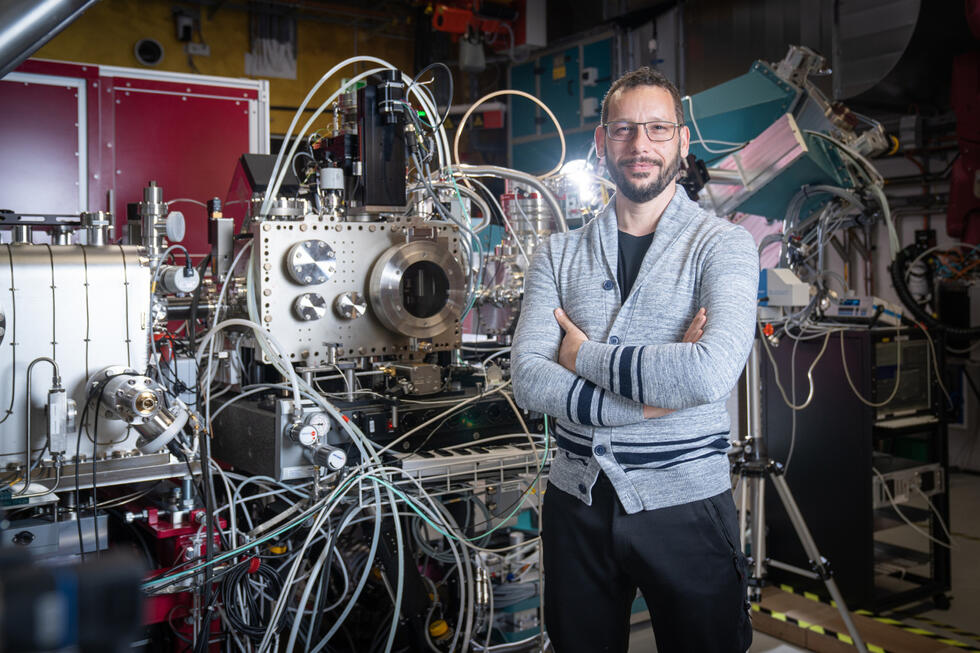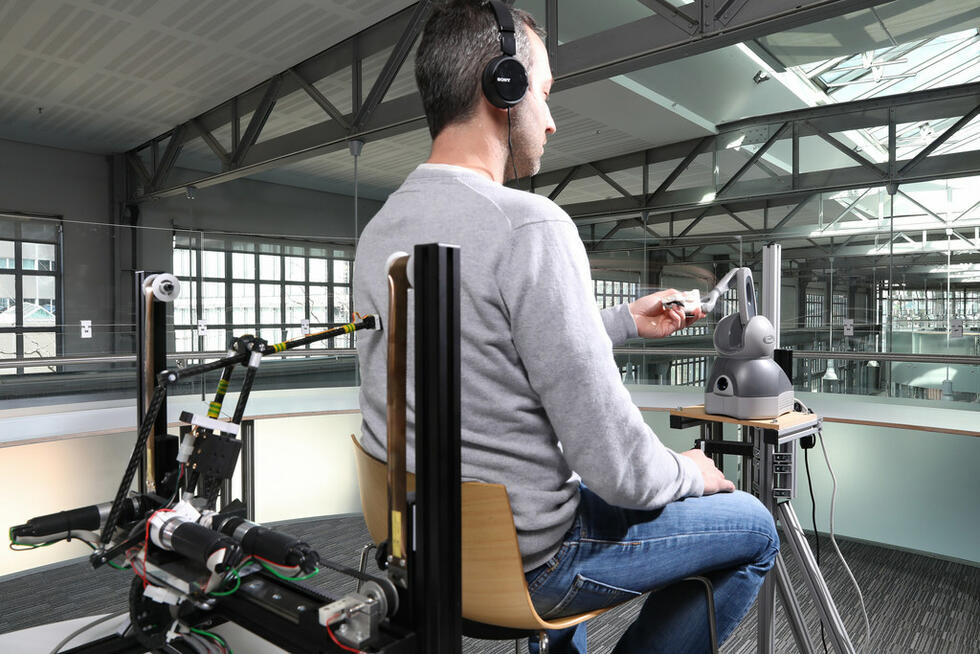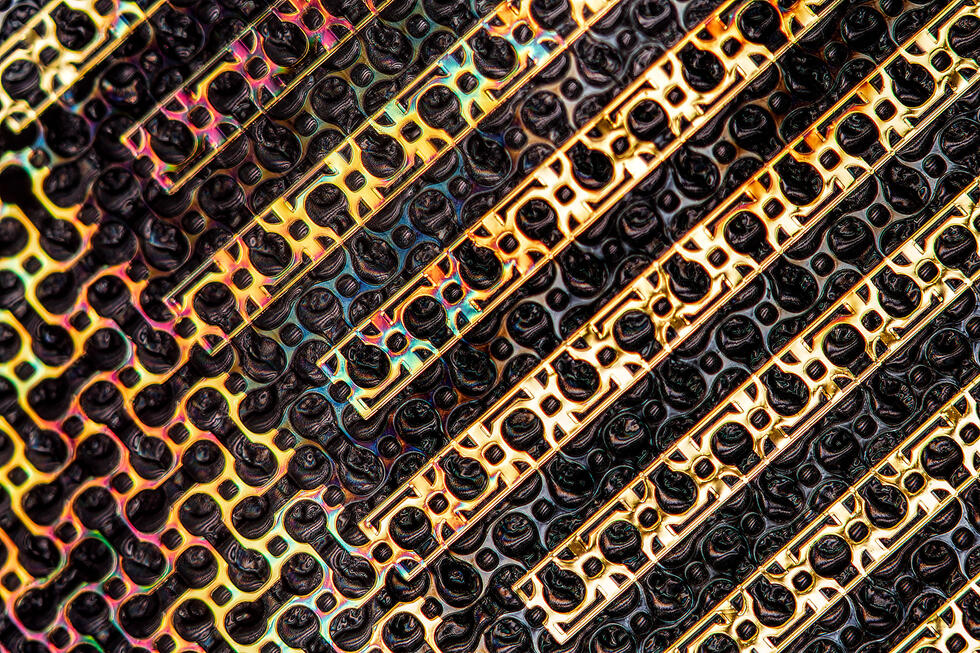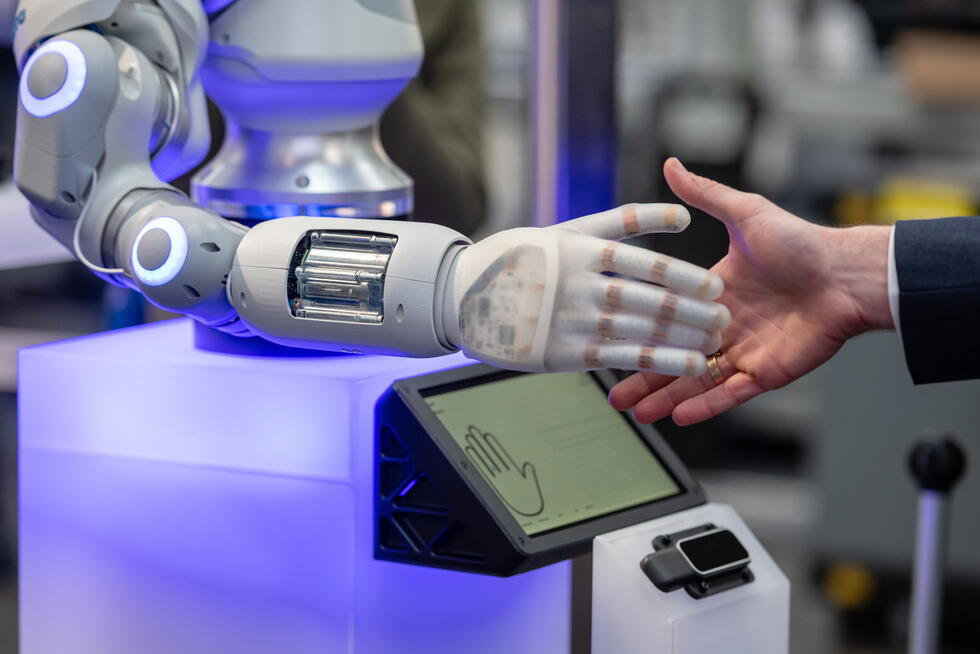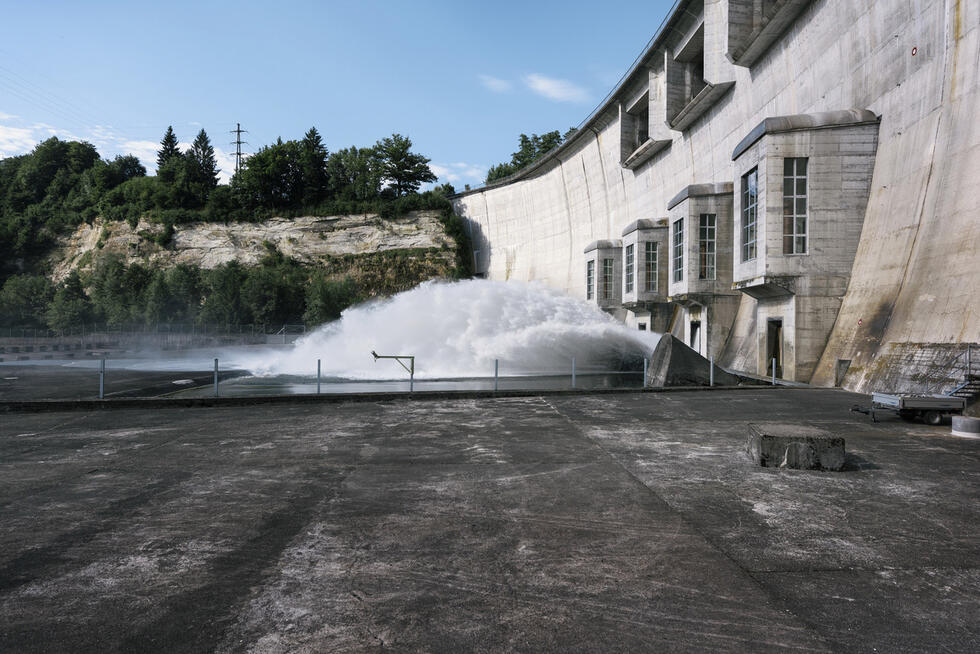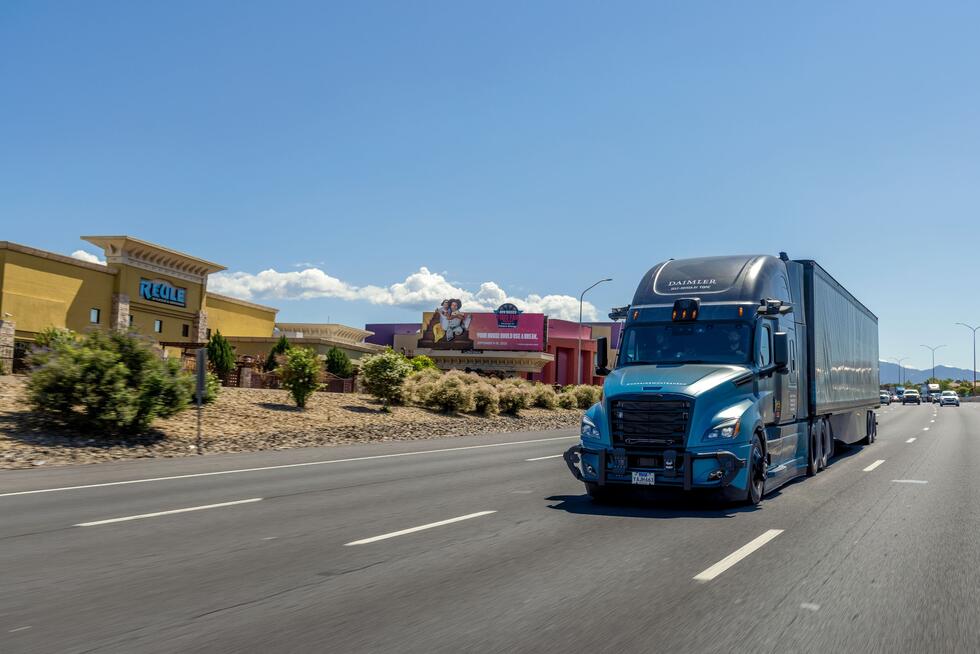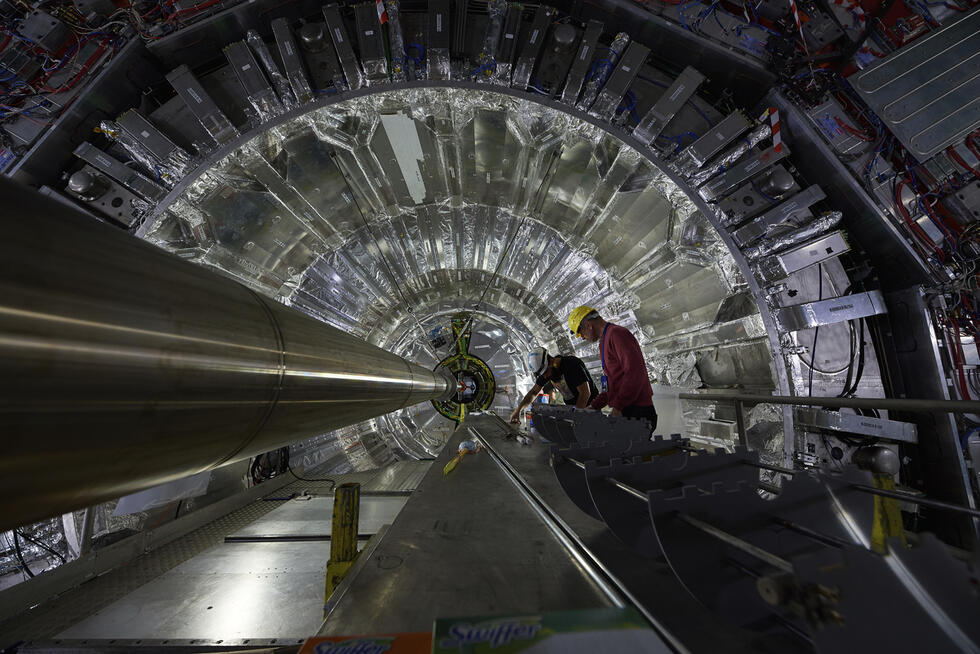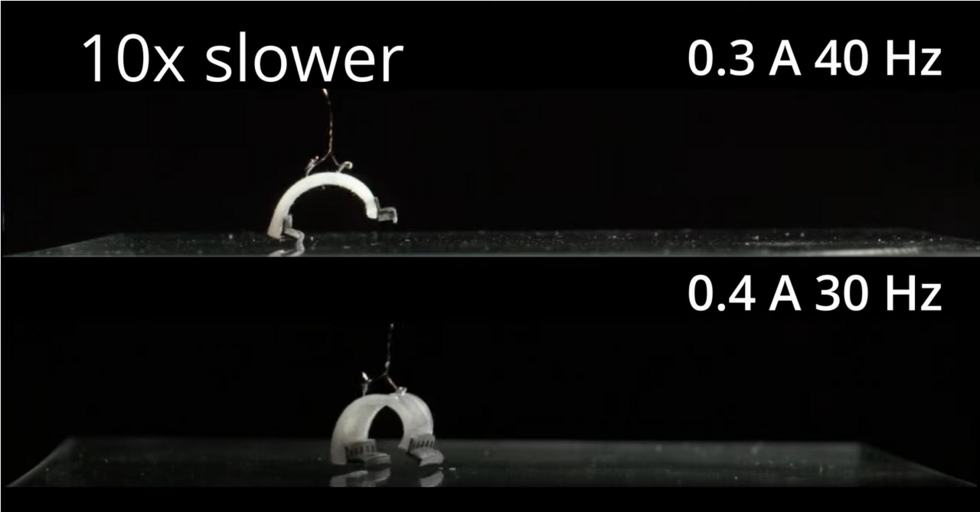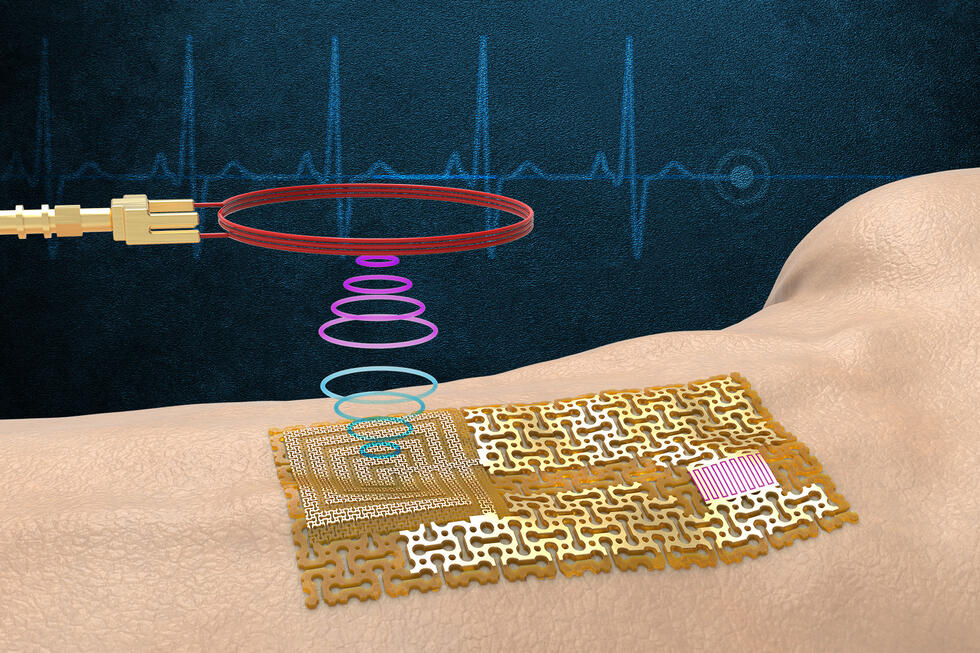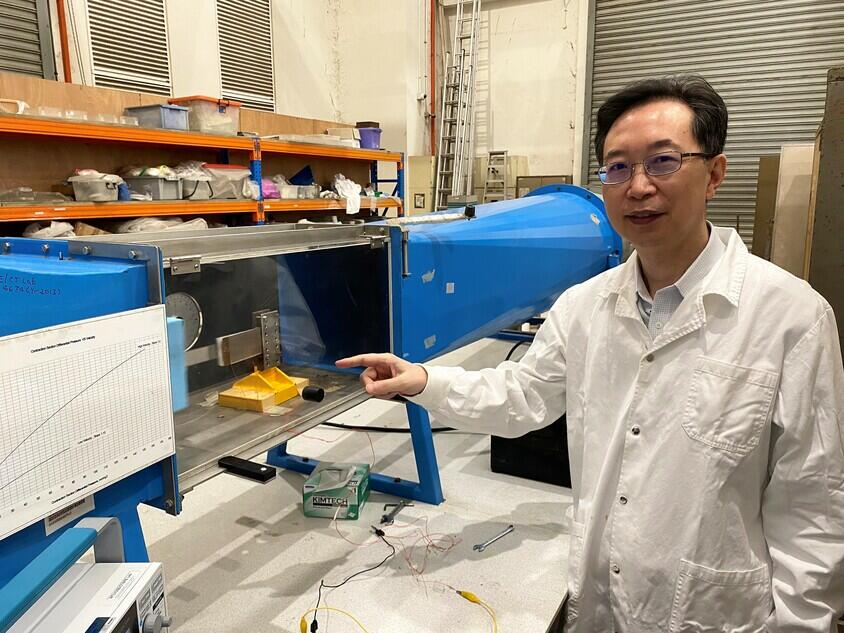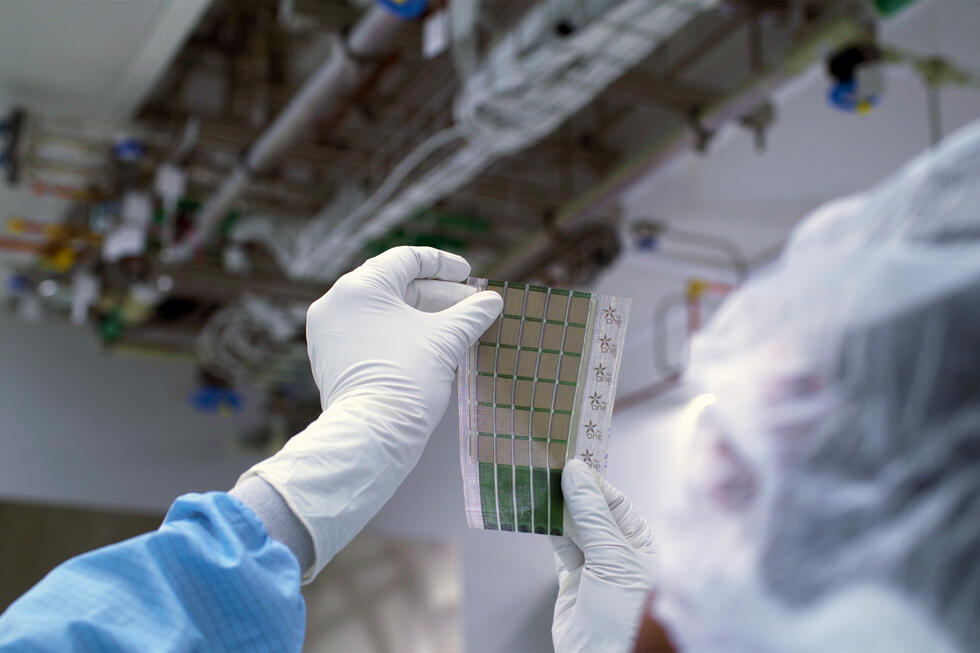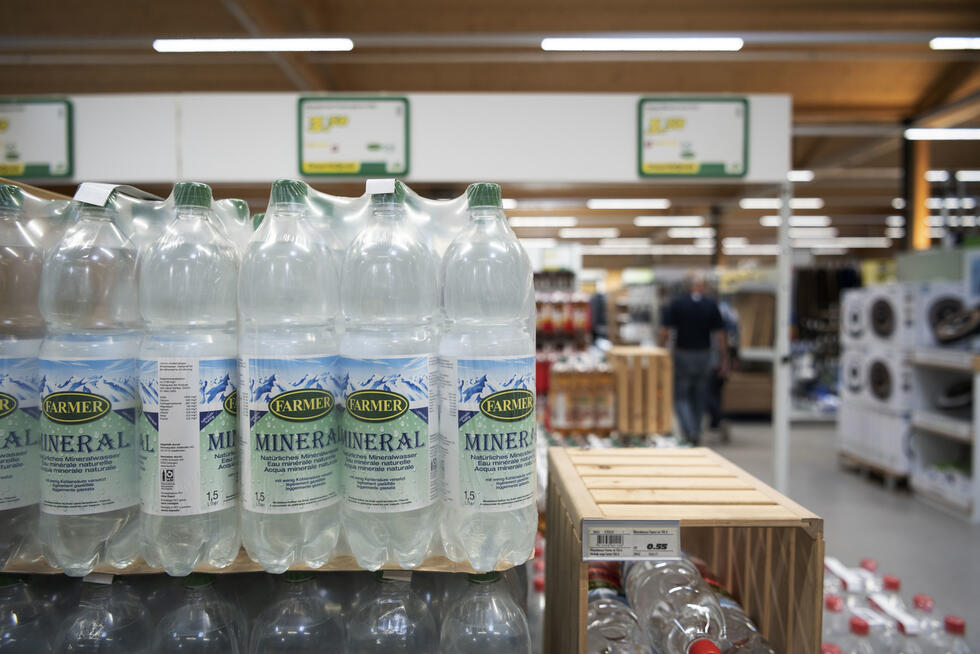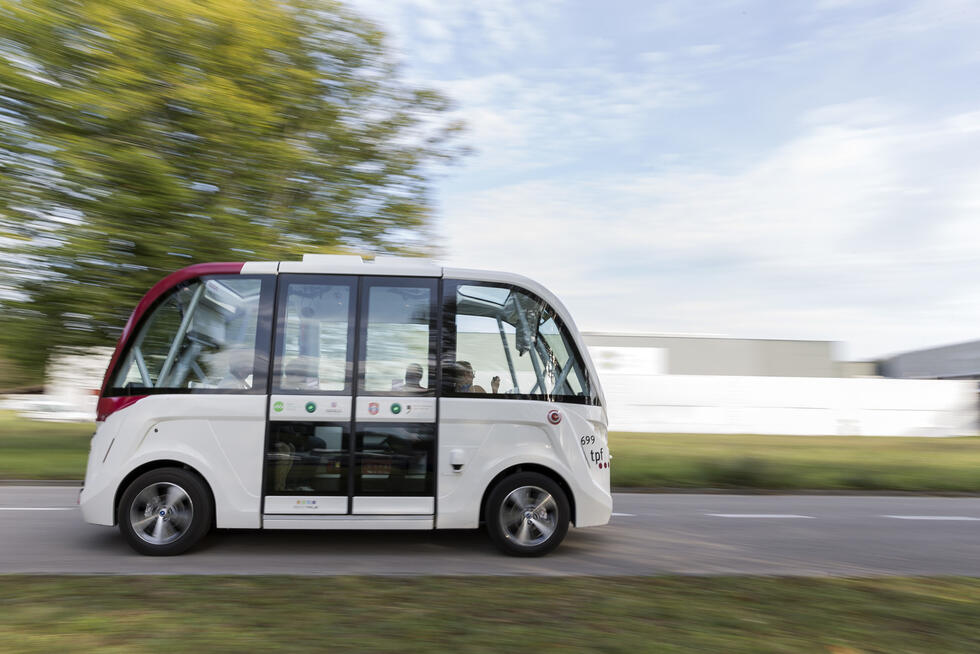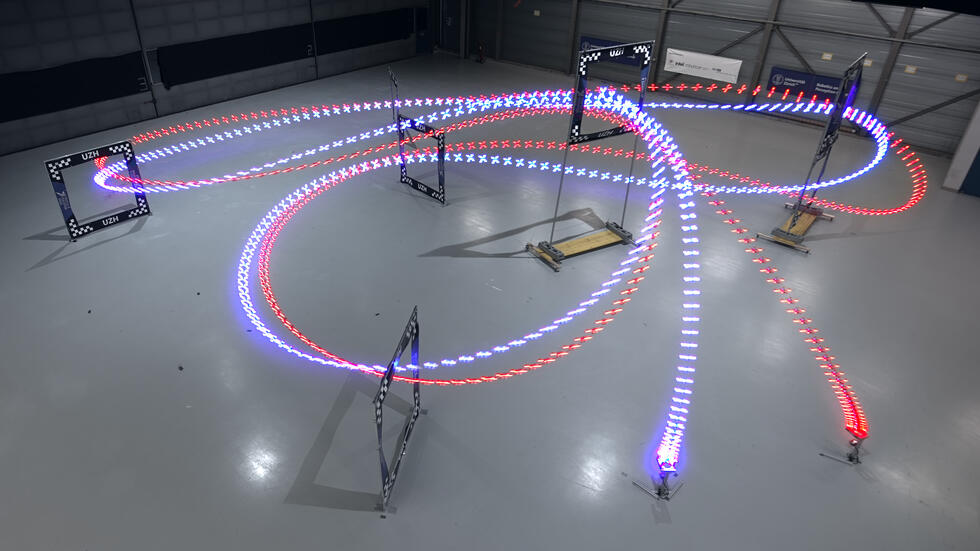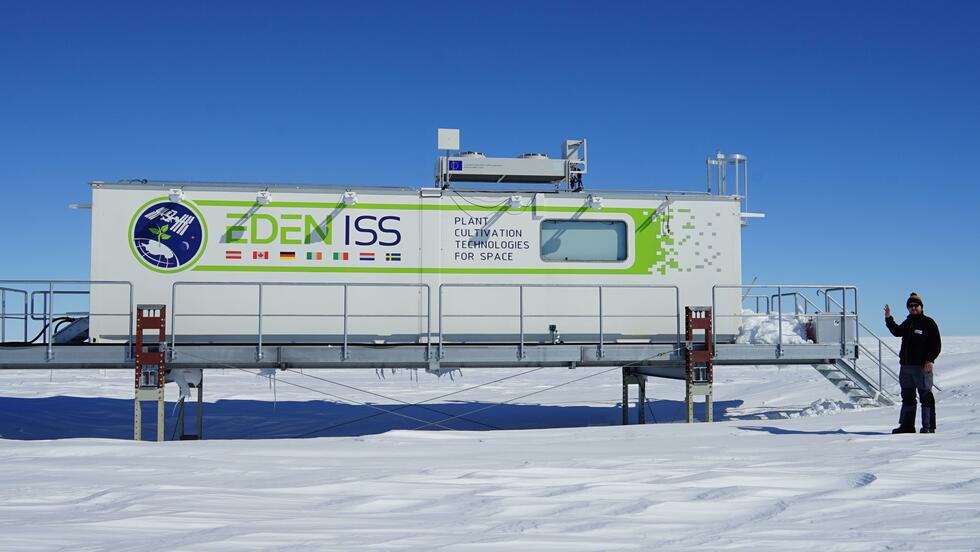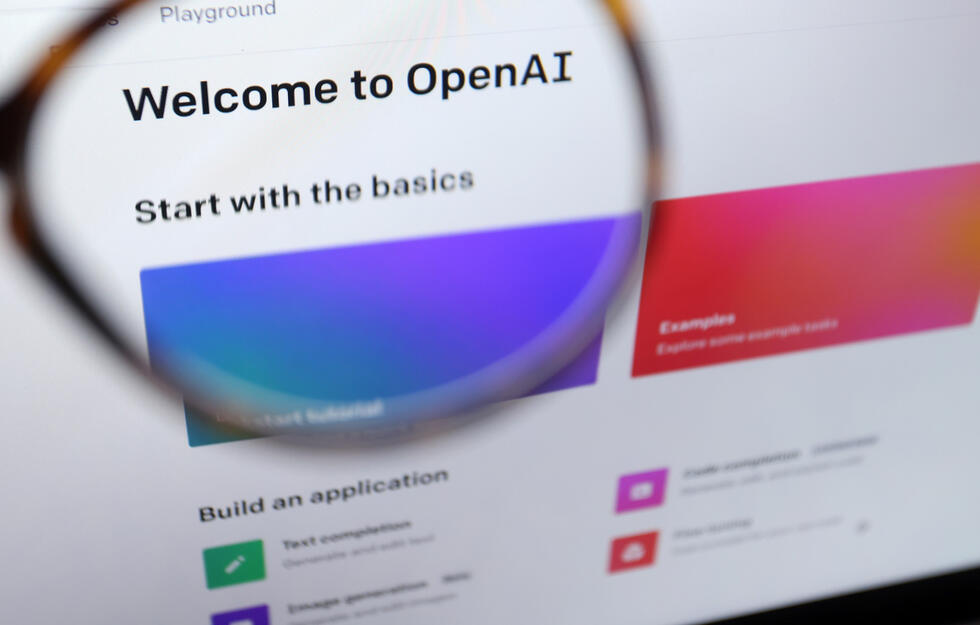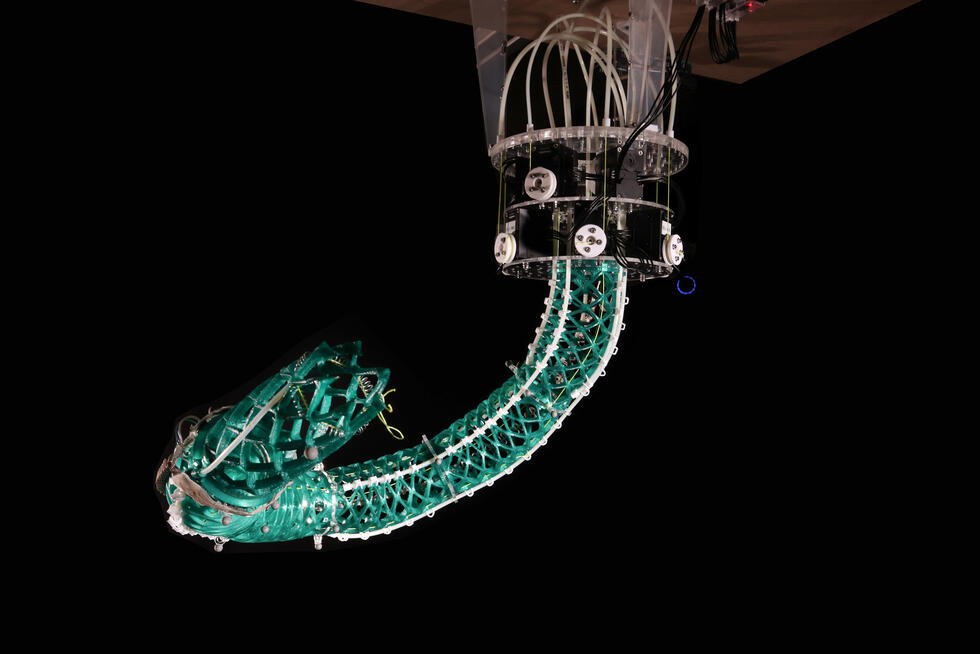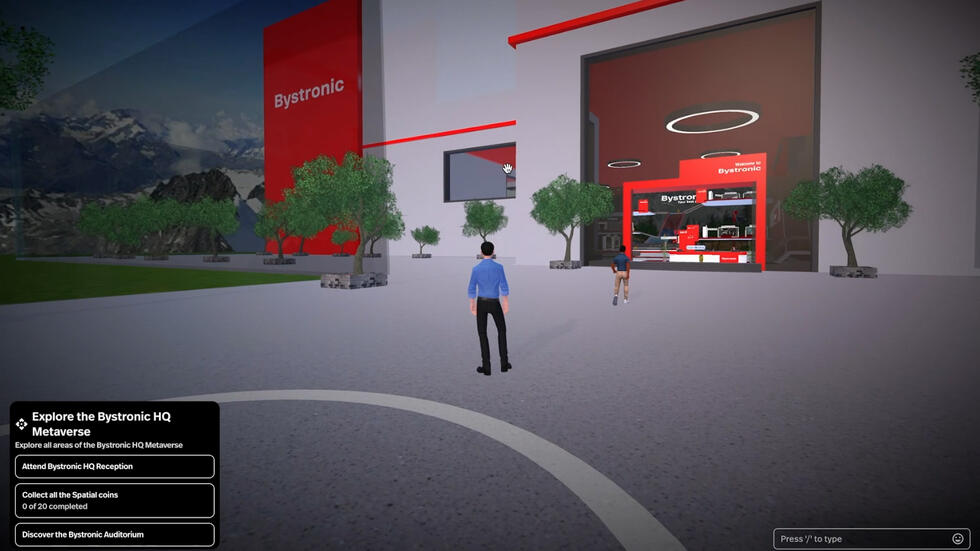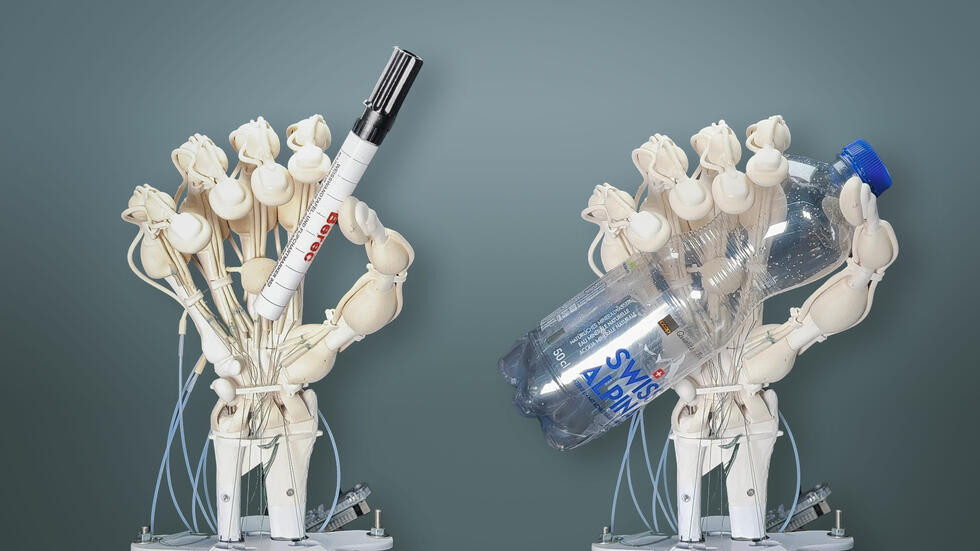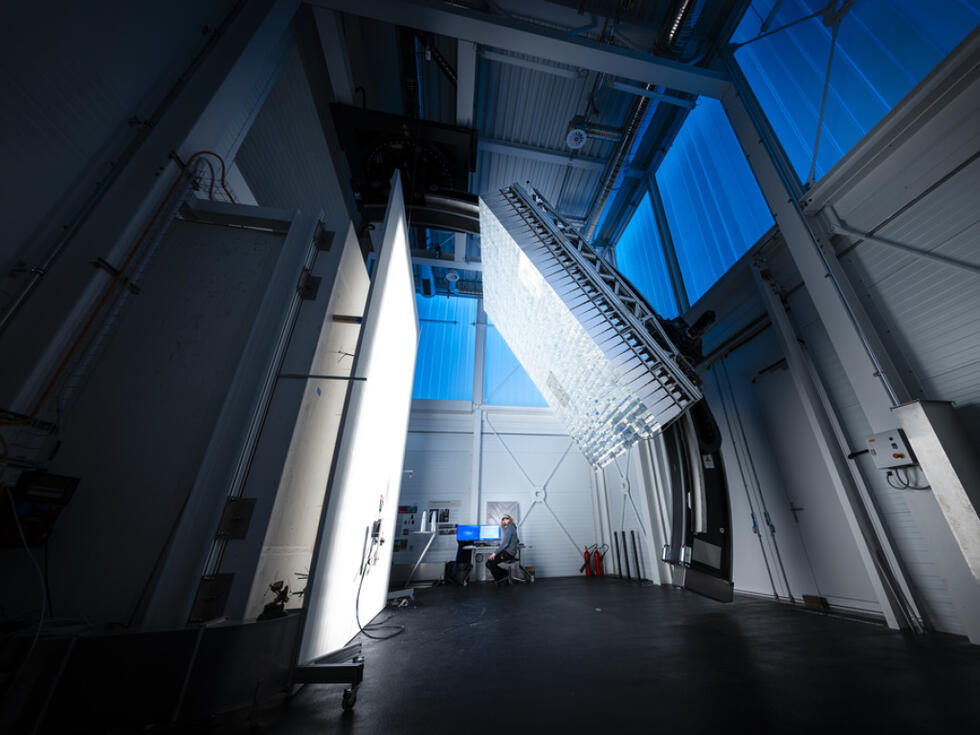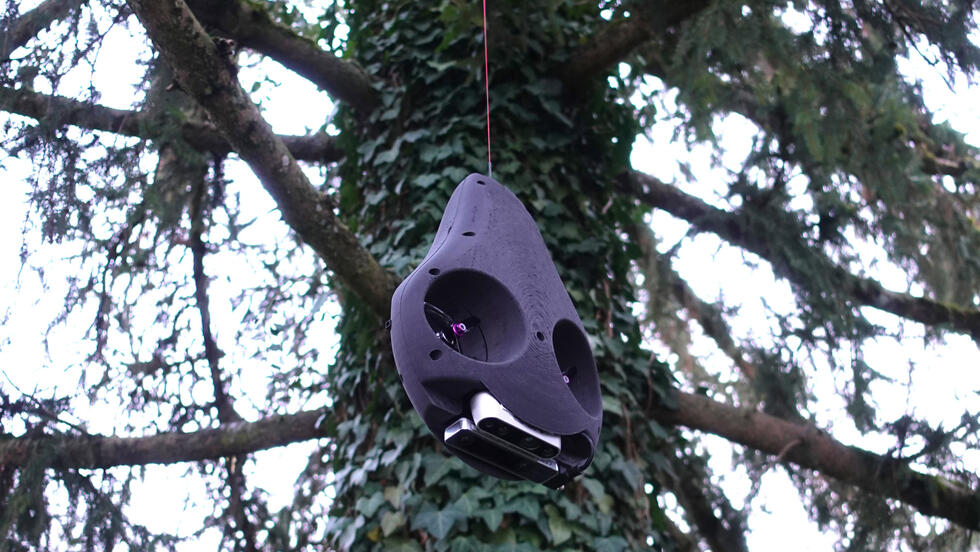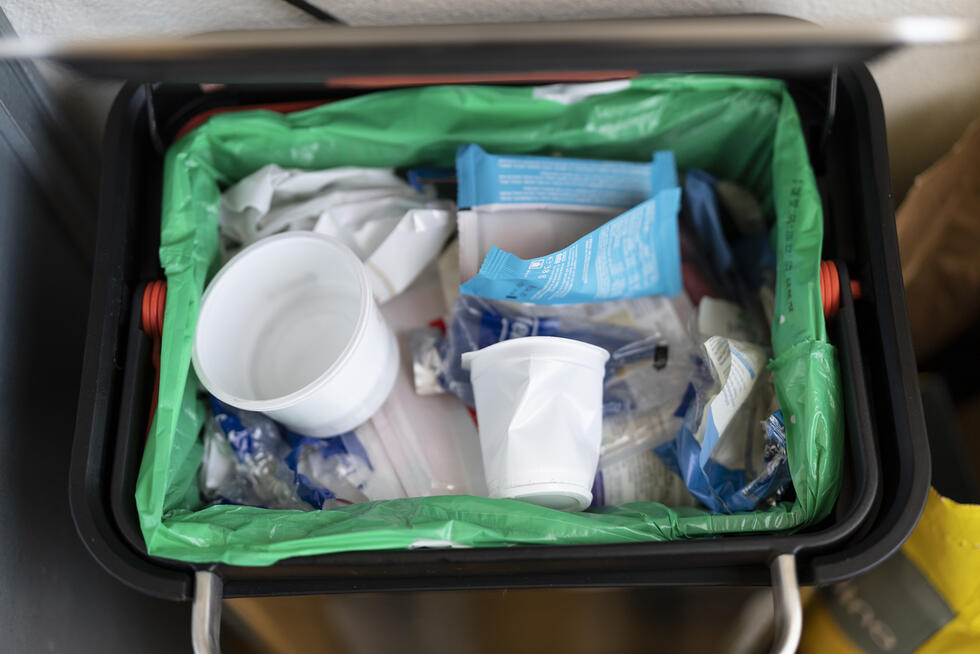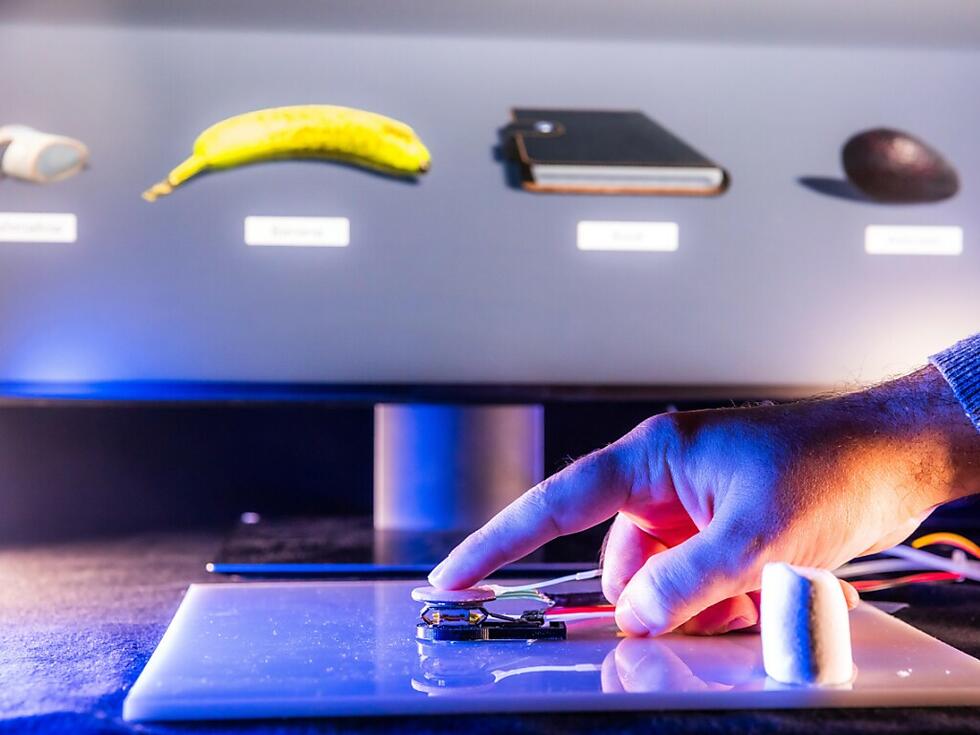SHORT NEWS
New technology makes home hydrogen fueling stations feasible
A new development by the EPFL Swiss Federal Institute of Technology in Lausanne is providing fresh impetus for the idea of the hydrogen car. The goal behind the technology is to enable small hydrogen fueling stations in private households and thus facilitate the establishment of a comprehensive hydrogen fuel network.
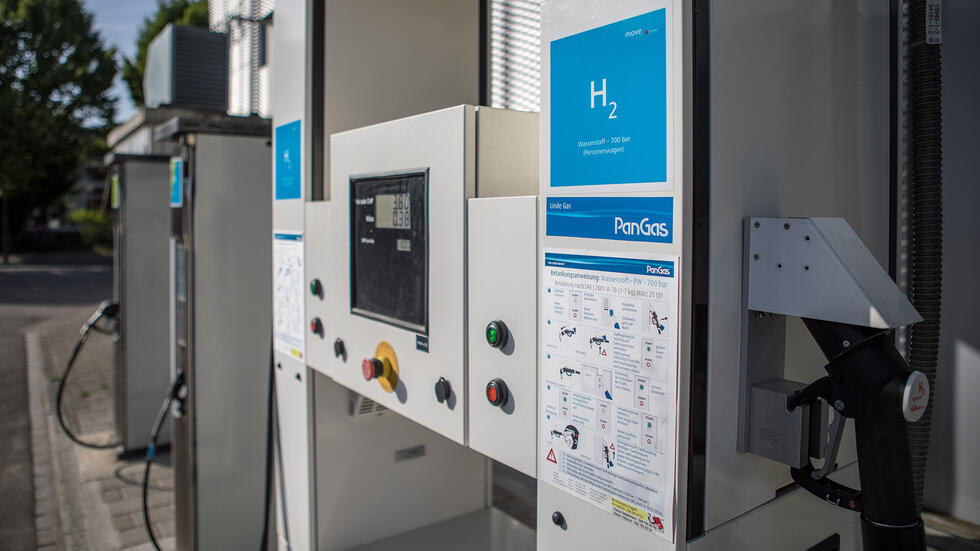
Together with the spin-off company GRZ Technologies, the EPFL has developed an innovative hydrogen compressor. The heart of the invention consists of the metal hydride ZrMn1.5. The material is able to store hydrogen without the need to supply any energy. When it is heated, the metal hydride releases the gas again – at a very high pressure of up to several hundred bar.
The EPFL uses this material property to compress the naturally gaseous hydrogen and thus liquefy it. Only in this form can the potent energy carrier be filled into the tank of a vehicle for use as a fuel.
Use in private households
In contrast to conventional compressors, the technology is designed to enable the production and economical utilization of compact compressors that are suitable for household use.
This means that hydrogen can be compressed in an environmentally conscious manner at practically any location – even in private households, says Andreas Züttel, Professor at the EPFL Laboratory of Materials for Renewable Energy. Combined with hydrogen production using electrolysis – i.e. the splitting of water using surplus electricity from renewable sources – this would make it possible to realize private hydrogen fueling stations.
The EPFL and the spin-off company GRZ Technologies are working together with the internationally active Messer Group to drive forward the commercialization of the metal hydride technology. “The vision is that people who have such a fueling station in their home will offer their hydrogen to others,” explains Hans-Michael Kellner, CEO of the industrial gas specialist Messer Schweiz. This could finally solve the problem of the lack of a hydrogen fueling station network, which has been preventing the breakthrough of hydrogen-based vehicles for decades.
Hydrogen cars offer many advantages
In fact, the concept has many benefits: For example, in contrast to conventional fuels, hydrogen combustion generates only water and no CO2. If the gas is also produced using water and electricity from renewable energies (electrolysis), it is completely carbon neutral.
Also compared to the purely electric car, hydrogen-powered vehicles have several advantages, as the materials researcher Andreas Züttel explains: Because hydrogen has a higher energy density than batteries, it enables longer ranges while adding significantly less weight to the vehicle.
Nevertheless, in spite of the new EPFL technology, there is still a major obstacle preventing the widespread use of hydrogen: To make installing hydrogen filling stations attractive to private households, there needs to be a sufficiently high demand from as many owners of hydrogen cars as possible. But for such cars to be appealing to potential buyers, there have to be sufficient gas stations.
The ball is now in the court of the policymakers, Hans-Michael Kellner and Andreas Züttel explain. The prerequisites must be created to enable this environmentally friendly technology to make a breakthrough. The message to policymakers is clear: “Promote privately owned hydrogen fueling stations.”


